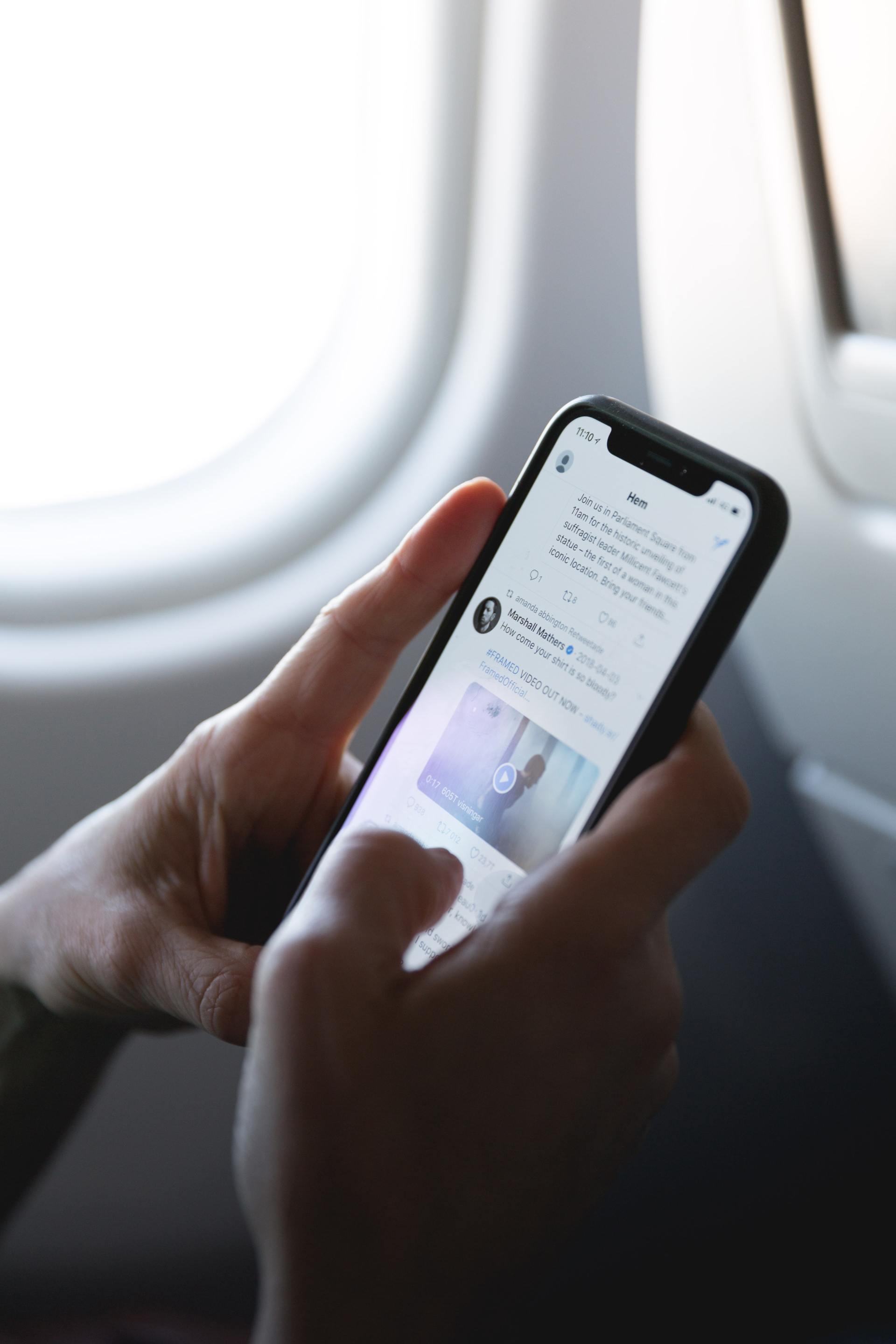US Supreme Court: Warrants are Required to Search Smartphones
- By Paul Rubell
- •
- 11 Jul, 2014
In Riley vs. California, decided in June 2014, the United States Supreme Court unanimously ruled that the Fourth Amendment to the Constitution requires the issuance of a search warrant, prior to a police search of a smartphone.
In both of these cases, the police had searched the cell phones of people whom they had just arrested. The phone searches were brief and cursory. In one case, the phone number labelled “home” led the police to the arrestee’s house, where contraband was found. In the other case, the phone’s wallpaper photo led law enforcement to a stolen car.
The High Court was faced with a conundrum: should the First and Fourteenth Amendments’ protections of “vast quantities of personal information” that reside on a phone override the exigencies of law, order, and public safety.
Chief Justice Roberts characterized the significance of the Riley decision:
“These cases require us to decide how the search incident to arrest doctrine applies to modern cell phones, which are now such a pervasive and insistent part of daily life that theproverbial visitor from Mars might conclude they were an important feature of human anatomy.” [emphasis added]
The court noted that law enforcement often needs to rely on an important exception to the warrant requirement, for searches that are “incident to a valid arrest.” Under this exception, police may seize drugs that are about to be flushed down a toilet (thereby vanishing), and a gun that threatens the safety of arresting police officers.
In Riley, the high court ruled for the first time that a search for digital evidence generally poses less urgency than a search for physical evidence. Digital evidence, according to the court, cannot be used as a weapon, and is unlikely to disappear as evidence.
According to the 9-0 ruling, the supreme court ruled that the “search of the information on a cell phone bears little resemblance to the type of brief physical search” that might otherwise permit the warrantless search for evidence incident to arrest.
The prosecution raised a fascinating and compelling argument about the specter for remote wiping of a phone using applications such as Find My iPhone.
In a leap of technological understanding, Justice Roberts wrote that the phone’s contents can be immediately protected from remote wiping by either removing the phone’s battery, or placing the phone in aluminum foil:
“…as to remote wiping, law enforcement is not without specific means to address the threat. Remote wiping can be fully prevented by disconnecting a phone from the network. There are at least two simple ways to do this: First, law enforcement officers can turn the phone off or remove its battery. Second, if they are concerned about encryption or other potential problems, they can leave a phone powered on and place it in an enclosure that isolates the phone from radio waves. Such devices are commonly called “Faraday bags,” after the English scientist Michael Faraday. They are essentially sandwich bags made of aluminum foil: cheap, lightweight, and easy to use.” [emphasis added]
Of course, iPhones batteries cannot be removed easily or rapidly. This mission-critical feature of the Apple business model was not addressed by any of the litigants or by the justices.
Courts have routinely permitted the patdown of an arrestee’s clothing and an inspection of cigarette packs found in his pocket, because they are “only minor additional intrusions compared to the substantial government authority exercised in” an arrest. Searches of arrested people have repeatedly been adjudged constitutional by “reduced expectations of privacy caused by the arrest”.
But times have changed.
The United States Supreme Court has unanimously decreed the new law of the land:
When privacy-related concerns are weighty enough, a search may require a warrant.










